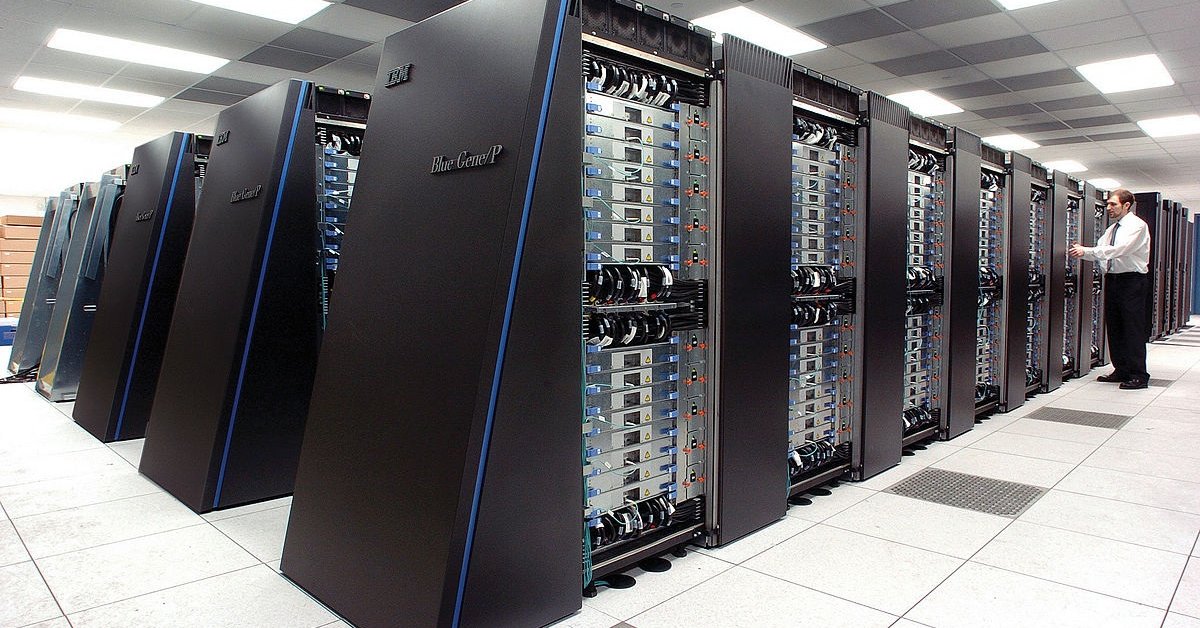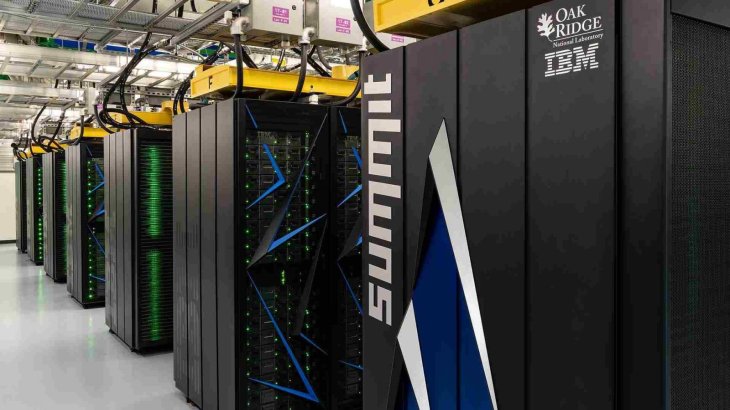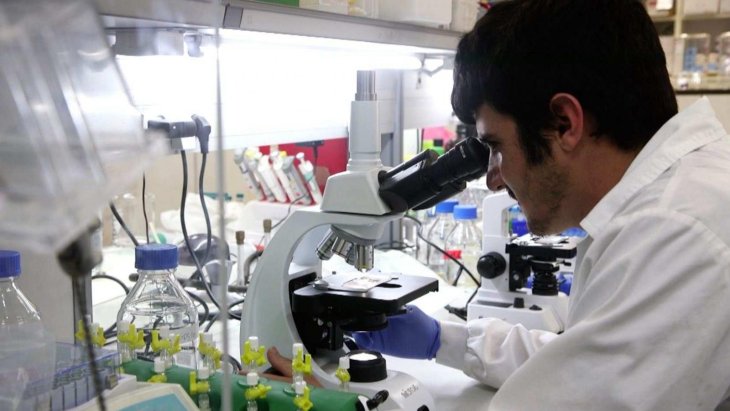Tech Giants Unite With National Labs And Universities, Using Supercomputers To Fight COVID-19
Dhir Acharya - Mar 24, 2020

This will help scientists better understand the pandemic, to characterize the coronavirus and devise drug treatments and potential vaccines for COVID-19.
- This Man's Super-Antibody Can Be Diluted 10,000 Times But Still Works Against COVID-19
- These Indian Cities Are Under Lockdown Again In 2021
- India To Review Covishield Vaccine After Report Of Blood Clots Following Vaccination
A bunch of tech giants including Google, IBM, and Microsoft along with national labs and universities has teamed up, establishing COVID-19 High Performance Computing (HPC) Consortium. The partnership is meant to provide supercomputing resources for scientists to find a way of combating the coronavirus pandemic.
>>> How To Kill Coronavirus: Effective Products To Sanitize Your Home
This help will allow scientists to create thousands of models to better understand the pandemic as well as to characterize the coronavirus and devise drug treatments and potential vaccines. The consortium’s organizers will provide 16 supercomputers to researchers along with a community to engage in the COVID-19 fight together.

According to IBM’s Data Centric Solutions VP Micheal Rosenfield, the consortium benefit the fight by speeding up and accelerating the scientific discovery required to develop a vaccine for the coronavirus, understand it, and eventually kill it. He added that supercomputers can perform tasks in minutes or hours while those may take regular computers days, months, even years.
Right now, the consortium includes supercomputers from tech firms including IBM, Google, Microsoft, Amazon, from universities like Rensselaer Polytechnic Institute and MIT, as well as Department of Energy National Laboratories including Los Alamos, Oak Ridge, and Lawrence Livermore, along with NASA and the National Science Foundation. They are encouraging researchers who are working on COVID-19 to submit their proposals via a central portal and a steering committee will review them to connect researchers with suitable supercomputing resources.

The supercomputers will help scientists understand the coronavirus’ structure and the differences between SARS-Cov-2 and other coronaviruses. Supercomputers have already proven their merits in fighting the pandemic on this front, for example, Summit allowed researchers to form 8,000 potential molecules that could fight COVID-19 and narrow down to 17 molecules. Meanwhile, other scientists can use these supercomputers to create simulations of how the COVI-19 pandemic could play out, when it will peak, how long it will last, and what places will need supplies the most.
Researchers are submitting proposals to study the coronavirus using this supercomputing resource. According to Rosenfield, the consortium gives researchers a chance to collaborate in ways never ever seen before. And this encourages scientists of different specialties to team up and tackle the problem, to use their creativity in incorporating supercomputers to their research.
Let's hope that this will speed up the process overall and help us escape this COVID-19 nightmare as soon as possible.
>>> World's Most Powerful Supercomputer Summoned To Fight The Coronavirus, Here's Hope
Featured Stories

Features - Jan 29, 2026
Permanently Deleting Your Instagram Account: A Complete Step-by-Step Tutorial

Features - Jul 01, 2025
What Are The Fastest Passenger Vehicles Ever Created?

Features - Jun 25, 2025
Japan Hydrogen Breakthrough: Scientists Crack the Clean Energy Code with...

ICT News - Jun 25, 2025
AI Intimidation Tactics: CEOs Turn Flawed Technology Into Employee Fear Machine

Review - Jun 25, 2025
Windows 11 Problems: Is Microsoft's "Best" OS Actually Getting Worse?

Features - Jun 22, 2025
Telegram Founder Pavel Durov Plans to Split $14 Billion Fortune Among 106 Children

ICT News - Jun 22, 2025
Neuralink Telepathy Chip Enables Quadriplegic Rob Greiner to Control Games with...

Features - Jun 21, 2025
This Over $100 Bottle Has Nothing But Fresh Air Inside

Features - Jun 18, 2025
Best Mobile VPN Apps for Gaming 2025: Complete Guide

Features - Jun 18, 2025
A Math Formula Tells Us How Long Everything Will Live
Read more

Mobile- Feb 16, 2026
Xiaomi Launches Affordable Tracker to Compete with Apple's AirTag
For users tired of ecosystem lock-in or high prices, the Xiaomi Tag represents a compelling, no-frills option that delivers core functionality at a fraction of the cost.

ICT News- Feb 18, 2026
Google's Project Toscana: Elevating Pixel Face Unlock to Rival Apple's Face ID
As the smartphone landscape evolves, Google's push toward superior face unlock technology underscores its ambition to close the gap with Apple in user security and convenience.

Mobile- Feb 17, 2026
Anticipating the Samsung Galaxy S26 and S26+: Key Rumors and Specs
The Samsung Galaxy S26 series is on the horizon, sparking excitement among tech enthusiasts.
Comments
Sort by Newest | Popular